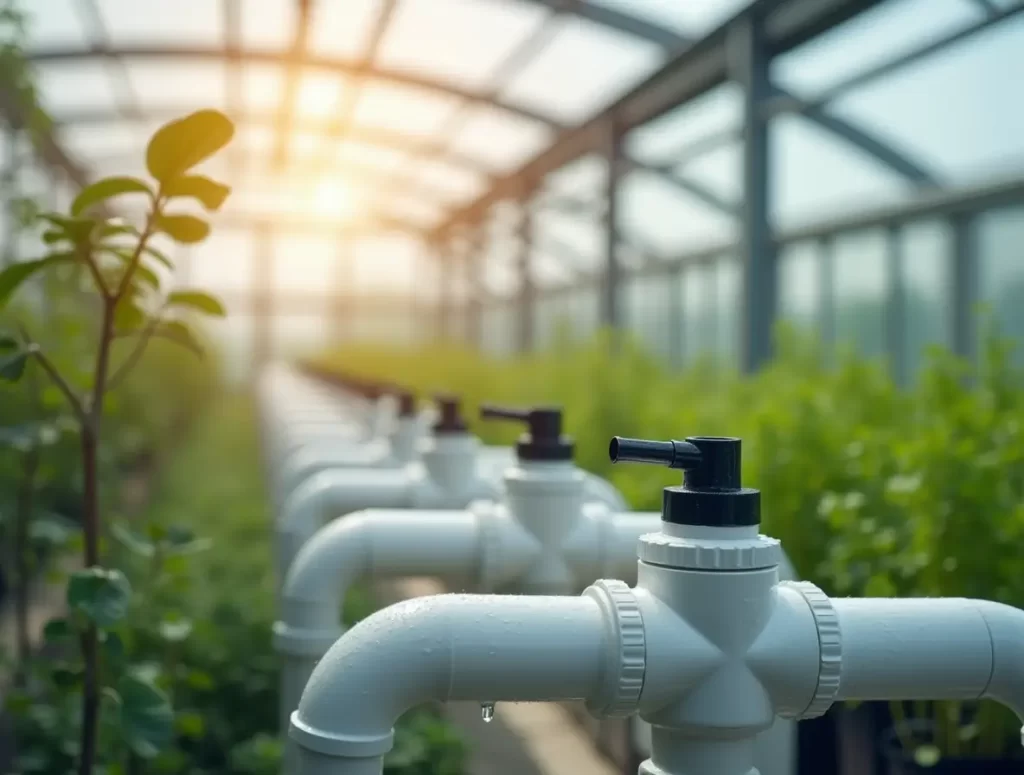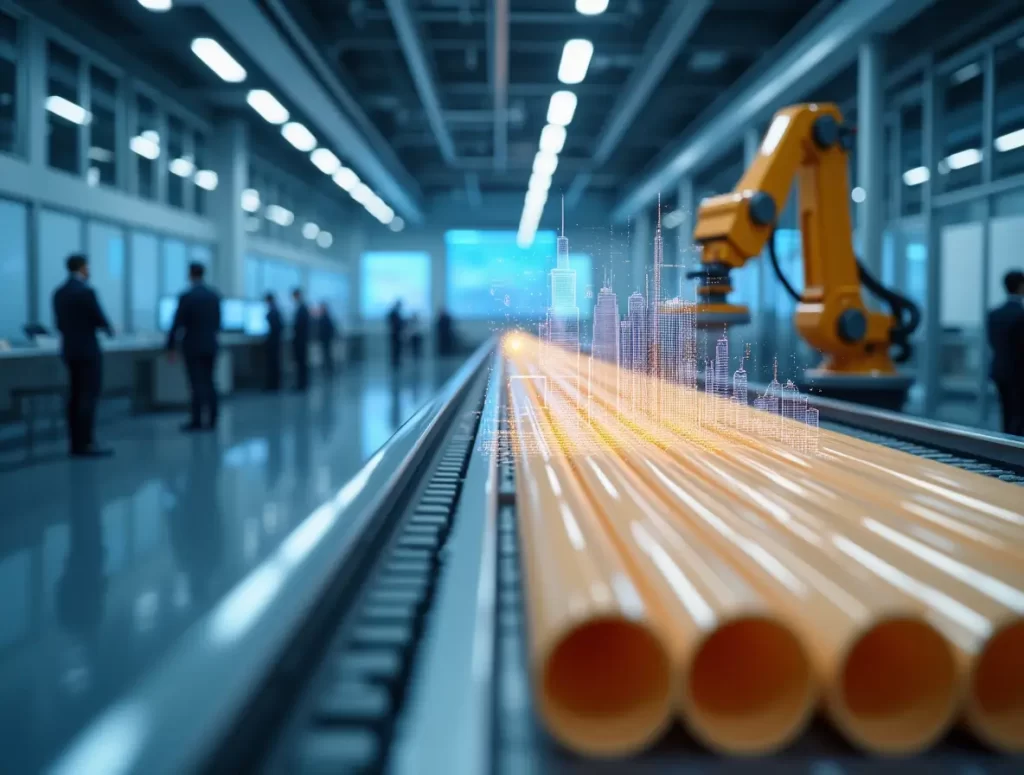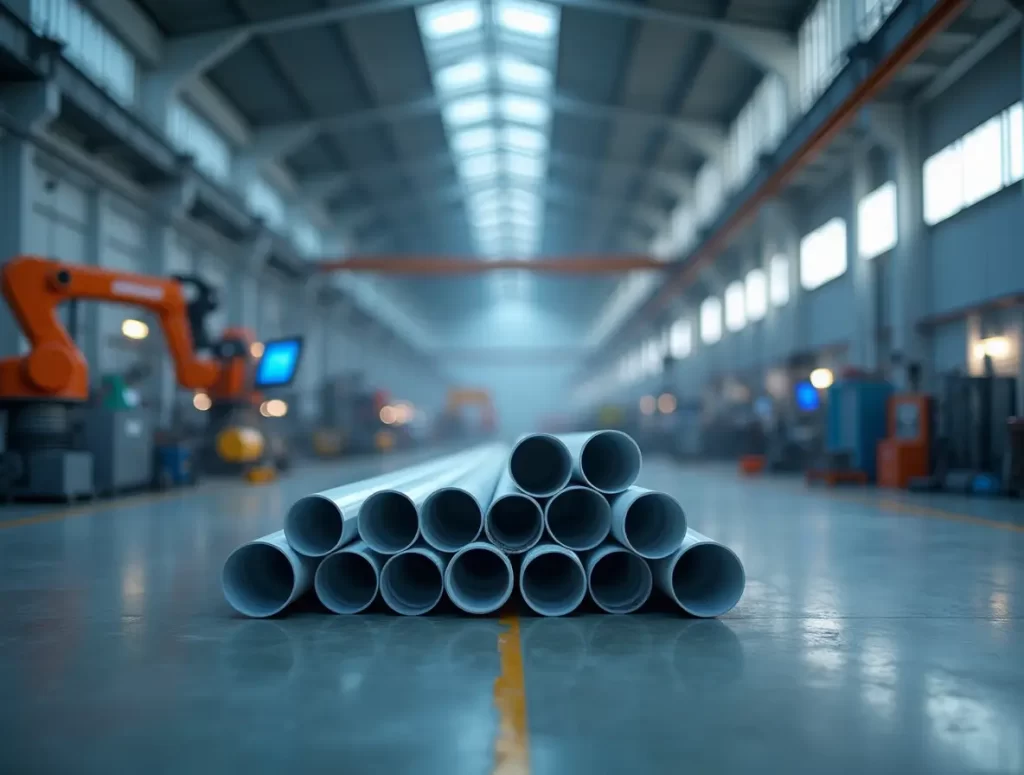Introduction: The Rise of uPVC Pipe Suppliers in Gujarat
Gujarat has emerged as a vital hub for the manufacturing and distribution of uPVC pipes, driven by the rapid growth of infrastructure and construction industries across the state. uPVC (unplasticized polyvinyl chloride) pipes are praised for their durability, cost-efficiency, and environmental benefits, creating an ever-increasing demand for reliable suppliers. The state’s strategic location, coupled with its thriving industrial ecosystem, has encouraged numerous companies to invest in cutting-edge production facilities for uPVC pipes.
Suppliers in Gujarat benefit from streamlined transportation networks and proximity to raw materials, enabling faster delivery to consumers. This rise is supported by government initiatives fostering industrial development and innovation. Moreover, the growing awareness of sustainable plumbing and water management solutions has further fueled the demand for uPVC pipes in both urban and rural areas of Gujarat.
What is uPVC and Why it Matters in Modern Construction
uPVC, or unplasticized polyvinyl chloride, is a rigid form of PVC that is widely recognized for its durability, cost-effectiveness, and environmental resilience. Unlike regular PVC, uPVC does not include plasticizers, making it highly resistant to chemical corrosion and physical wear. This material is most commonly used in modern construction for applications such as pipes, window frames, and doors due to its ability to withstand extreme weather conditions.
Key benefits of uPVC in construction include:
- Longevity: Resistant to rust, warping, and environmental damage over time.
- Low Maintenance: Requires minimal upkeep compared to alternatives like metal or wood.
- Eco-Friendly: Fully recyclable and energy-efficient.
Its significance lies in its adaptability for residential, commercial, and industrial projects, helping streamline modern infrastructure needs.
The Role of Gujarat as a Hub for uPVC Manufacturing
Gujarat has emerged as a prominent hub for uPVC manufacturing due to its strategic location, robust industrial infrastructure, and favorable government policies. The state’s proximity to major shipping ports facilitates efficient transportation, enabling manufacturers to cater to both domestic and international markets effectively. With abundant natural resources and a skilled workforce, Gujarat supports large-scale production, ensuring consistent supply chains for uPVC products.
The presence of industrial clusters and specialized units enhances collaboration among manufacturers, fostering innovation and technological advancements. Additionally, Gujarat’s focus on eco-friendly initiatives aligns with the sustainability goals of this industry, making it a preferred destination for uPVC manufacturers nationwide.
Key Benefits of Using uPVC Pipes in Construction Projects
uPVC (unplasticized polyvinyl chloride) pipes offer significant advantages for construction projects across residential, commercial, and industrial sectors. Their features make them a preferred choice for high-performance plumbing systems.
Durability and Strength
- uPVC pipes exhibit remarkable resistance to corrosion, rust, and chemical reactions.
- They are designed to withstand high pressure and extreme weather, making them suitable for varied environmental conditions.
Cost-Effectiveness
- Lower installation and maintenance costs compared to metal pipes.
- Energy-efficient manufacturing processes ensure affordability for large-scale projects.
Lightweight and Easy Handling
- Reduced weight streamlines transportation and installation.
- Simplified jointing techniques minimize labor demands and enhance efficiency.
Environmentally Friendly
- uPVC is fully recyclable, contributing to sustainable construction practices.
- They have a long lifespan, reducing replacement cycles and waste generation.
Smooth Fluid Flow
- Smooth inner surfaces minimize friction, allowing optimal fluid transmission.
- Reduced risk of blockages ensures system reliability over time.
Technological Innovations Driving uPVC Pipe Suppliers
uPVC pipe suppliers in Gujarat are leveraging cutting-edge technologies to enhance the quality, durability, and efficiency of their products. Automation plays a pivotal role in streamlining production processes, ensuring consistent pipe dimensions and reducing manufacturing errors. Advanced extrusion techniques allow suppliers to produce pipes with optimal strength and uniformity while minimizing material wastage.
Research into material properties has led to innovations such as UV-resistant and corrosion-proof formulations, ensuring longer service life. Integrated monitoring systems facilitate real-time quality assessments during production stages. Additionally, eco-friendly production methodologies and recycling technologies are increasingly adopted to meet environmental standards, reflecting the industry’s move toward sustainability.
Environmental Advantages of uPVC Pipes Over Traditional Materials
uPVC pipes are considered an eco-friendly option compared to traditional materials like metal, cement, and clay due to several factors.
- Low Energy Consumption: Manufacturing uPVC pipes requires significantly less energy, reducing the carbon footprint of the production process.
- Recyclability: uPVC is fully recyclable, which ensures minimal waste and promotes sustainable practices.
- Non-Toxic Composition: Unlike some traditional materials, uPVC pipes do not leach harmful chemicals into the soil or water systems.
- Durability and Longevity: The extended lifespan of uPVC pipes reduces the environmental impact associated with frequent replacements.
- Lightweight Design: Easier transportation and installation lead to lower fuel consumption during distribution.
Transitioning to uPVC pipes aligns with global efforts toward environmental conservation without compromising on efficiency or performance.
How Gujarat’s Suppliers Ensure Consistent Quality Standards
Gujarat’s uPVC pipe suppliers prioritize stringent quality controls to meet industry benchmarks. They utilize advanced manufacturing technologies, such as extrusion processes and automated quality checks, ensuring dimensional accuracy and structural integrity. Raw materials are sourced from certified providers to ensure consistent product excellence.
Key measures include:
- ISO Certifications: Suppliers adhere to global standards for quality management systems.
- Rigorous Testing Protocols: Pipes are evaluated for durability, pressure, and leak resistance.
- Skilled Workforce: Technicians receive specialized training for consistent production.
- Regular Audits: Internal and external audits validate compliance with quality specifications.
By implementing these practices, suppliers maintain reliability and trust within domestic and international markets.
Market Trends and Demand for uPVC Pipes in Gujarat
The demand for uPVC pipes in Gujarat has grown significantly, fueled by expanding urbanization and advancements in infrastructure development. The state’s robust agricultural sector also contributes to this rising demand, as uPVC pipes are widely adopted for irrigation systems due to their durability and cost-effectiveness.
Key industries, including construction, water management, and plumbing, are driving the adoption of these pipes. Increasing focus on sustainable materials has amplified their popularity, offering superior longevity compared to traditional alternatives.
Market trends indicate a shift toward higher-quality pipes to support large-scale industrial projects and residential housing needs. Government initiatives, such as Smart City developments, are further accelerating this trend.
Cost-Effectiveness: A Win-Win for Builders and Consumers
uPVC pipes offer a compelling cost-benefit equation, making them an attractive choice for construction and plumbing projects. Builders find these pipes economical due to their lightweight nature, which reduces transportation and installation costs significantly. Additionally, their durability minimizes the need for frequent replacements or repairs.
Consumers benefit from long-term savings as uPVC pipes resist corrosion, scaling, and chemical reactions, ensuring sustained performance. The efficiency of uPVC also drives reduced maintenance costs while promoting energy-efficient water flow systems. With competitive pricing offered by top suppliers in Gujarat, these pipes provide a practical solution that balances quality and affordability.
Testimonials & Case Studies: Success Stories in Gujarat’s Construction Sector
Several stakeholders in Gujarat’s construction sector have expressed their satisfaction with the durability and efficiency of uPVC pipes. Leading developers report increased project longevity due to their corrosion-resistant qualities. A prominent case study from Ahmedabad highlights how a residential project reduced maintenance costs by using uPVC pipes for plumbing.
Feedback from industry veterans demonstrates how uPVC suppliers enabled eco-friendly infrastructure development by minimizing water leakage. Contractors share experiences of streamlined installation processes and enhanced operational efficiency. The widespread adoption of uPVC pipes further exemplifies their unmatched reliability in large-scale commercial and residential projects across Gujarat.
Future Outlook: The Evolution of uPVC Pipe Suppliers in Gujarat
The uPVC pipe industry in Gujarat is poised for significant transformation in the coming years. As demand for energy-efficient and sustainable piping solutions grows, suppliers are expected to invest heavily in innovation. Technological advancements, such as automated manufacturing and improved material formulations, will likely redefine quality standards.
Environmental concerns may drive a shift towards eco-friendly practices, with suppliers adopting green certifications and recycling initiatives. Collaboration with international manufacturers will also enable local firms to access cutting-edge technology. Enhanced logistics and distribution networks are anticipated to streamline operations, ensuring faster delivery to consumers.
The industry focus will increasingly tilt toward customized solutions to cater to diverse sectors, including agriculture, construction, and infrastructure development.




